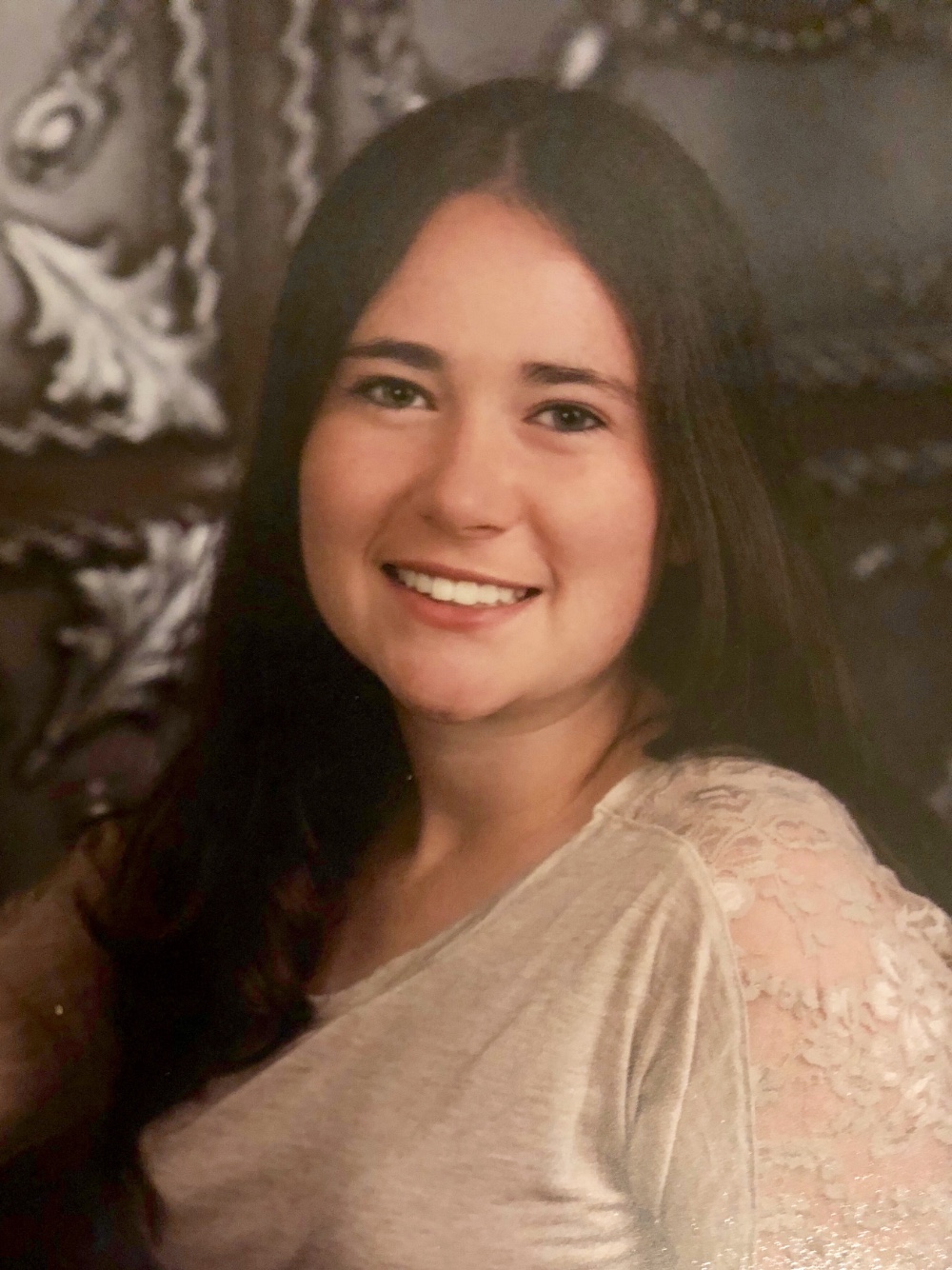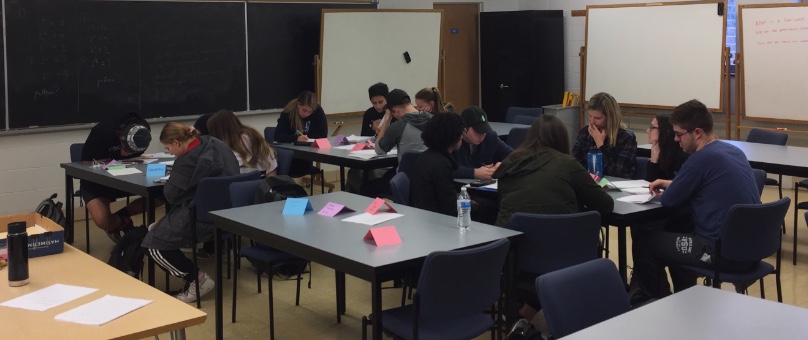Reflections about Inquiry from a TA Experience
Written by: Faith McNamee
I am currently a senior at Westfield State University, majoring in mathematics with a certification in secondary education. Over my four years at Westfield State, I was given many opportunities to explore the teachings of mathematics. During my sophomore year I took a mathematics course called Exploring Math Knowledge of Teaching, which took me to Paulo Freire Social Justice Charter School. There I was given the opportunity to provide students with after school math enrichment. I also did an internship with the Western Massachusetts Math Circle, where I got to participate in after school mathematics enrichment for middle school students.
Now, as a senior, I was given the opportunity to be a teacher’s assistant to Christine von Renesse in a pre-calculus class. Throughout the semester, Professor von Renesse and I met once a week to debrief and plan for the upcoming classes. She ran almost every teaching decision she made by me; which at the beginning felt very weird. It was strange to have an input on decisions that I never had to think about before. Grouping students, planning lessons, debriefing lessons, and deciding on assessments are all aspects of teaching that I will need to think about everyday as a high school mathematics teacher. So, having the opportunity to share ideas and have a low stakes discussion with an educator was extremely beneficial.
Inquiry-based learning was introduced to me years ago via Professor von Renesse’s class. As a student, I saw the benefits to inquiry-based teaching; preferring this style of teaching over previous styles I’ve encountered. However, since inquiry-based teaching was so different and new to me, I thought there was no way that I could actually teach that style well. It felt as if it was an unreachable goal to set for myself as an educator.
Using inquiry-based learning means that students could be thinking about problems in different ways. I have learned that facilitating a discussion that makes sense to all students and cohesively brings in the variety of student thinking, is difficult. It requires a lot of on the spot thinking and making sense of students' thinking. Most classes consisted of students working together and discussing problems in small groups, and whole class discussions of concepts. Professor von Renesse was eager to have me lead some of the whole class discussions.
Leading a class discussion was very intimidating at first, however, I am grateful that I was pushed to facilitate these discussions. Each time I led a discussion, I tried to do one thing better than what I had done the previous time. Eventually, leading these discussions became easier.
Two years after my first encounter with inquiry-based learning, it now feels less intimidating and unattainable to incorporate this style of teaching into my future classroom. There is still so much more that I can learn about inquiry-based learning and many more skills that I need to acquire to successfully implement it. But I now feel like I have a foundation of knowledge and experience that will make incorporating inquiry-based learning into my classroom easier.
Overall, this was an experience that was both scary and rewarding. Being a teacher’s assistant has given me a deeper understanding of the ins and outs of being a successful teacher. It has opened my eyes to aspects of teaching that I didn’t know I needed to work on. This experience has given me knowledge about my own teaching abilities. I hope to use this knowledge as I continue to build and grow as a future teacher and as a student for my practicum in the spring.


